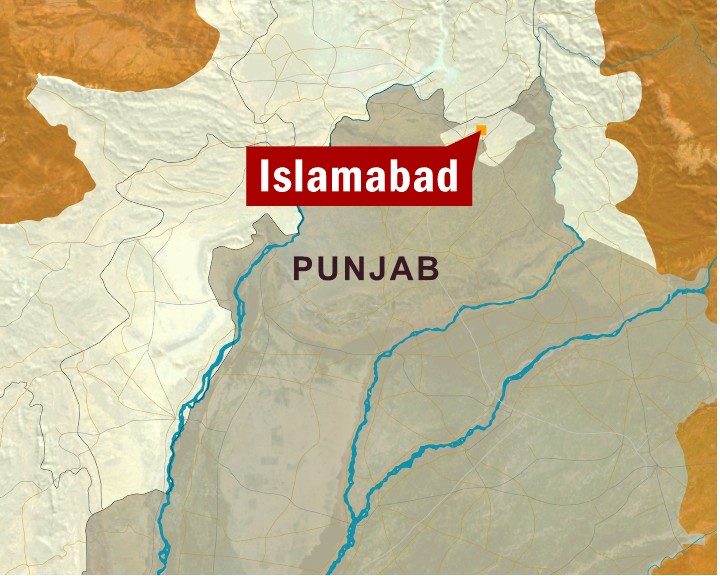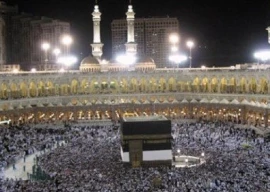
In an interview with the Indian daily The Hindu, he clarified that Pakistan has never made any accusations against India on water sharing and believes all differences of opinion should be settled in a spirit of “cooperation and goodwill”.
Shah, who visited New Delhi to attend a meeting of the Permanent Indus Water Commission (PIWC), said that the basic purpose of the meeting was to prepare the annual report for the year ending March 31, 2010, and to chalk out work plans, meetings and site inspections by either side in the future.
Both sides have agreed that Pakistan will conduct a site inspection around August of the Chutak and Nimoo Bazgo hydro projects in Leh and Kargil.
“India has agreed to provide hourly advance warnings and flood flow information of the Indus river system between July 1 and August 10. Ravi, Sutlej and Chenab are the main rivers of concern as they cause considerable havoc during floods,” Shah said. Pakistan had certain objections to the design of the 240-MW Uri-II project on Jhelum which is very close to the Line of Control.
“Our objections were on the level of the gates and the sedimentation problem, for which we had not received in-depth information from the Indian side,” he added.
In both Chutak and Nimoo, Pakistan had apprehensions over the design parameters with regard to parapets so that there is no over-storage.
India agreed to Pakistan’s suggestion of providing openings in the parapet of the Chutak project, he informed. However, in Nimoo Bazgo, Pakistan had six concerns on which India did not provide sufficient information.
Shah added that India has assured Pakistan that, “it will discuss our concerns and objections with relevant experts and give its view on the possibility of flexibility in a week. We have not lost hope for an amicable resolution at the level of the PIWC,” he added.
Shah said that Pakistan had not withdrawn its objections although in certain quarters it was wrongly reported that we had.
“We have not withdrawn our objections. Our concerns were discussed under Article IX (1) of the Treaty and supported by the information provided by India. And in a spirit of cooperation and goodwill, the PIWC resolved matters pending for the last couple of years,” he added.
He said that India has assured Pakistan that it will take care of such elements in the future and will devise a mechanism which is foolproof in all future projects.
On the efficacy of the Indus Waters Treaty, Shah pointed out that the treaty had survived two wars. The PIWC has interacted more than 200 times since1960. This cooperation in letter and in spirit is for the betterment of both countries, he said.
“We intend to benefit on both sides from the waters of the rivers we share”.
Shah added that the PIWC should have the power or mandate, with the help of technical advisors, to resolve issues and deliver results to the respective Governments instead of looking up to non-technical people.
Published in the Express Tribune, June, 2010.

1732530816-0/BeFunky-collage-(88)1732530816-0-165x106.webp)
1720848500-0/Eminem-and-his-daugher-Hallie-(1)1720848500-0-165x106.webp)




1732529980-0/Copy-of-Untitled-(84)1732529980-0-270x192.webp)

1732530440-5/Copy-of-Untitled-(85)1732530440-5-270x192.webp)







COMMENTS
Comments are moderated and generally will be posted if they are on-topic and not abusive.
For more information, please see our Comments FAQ